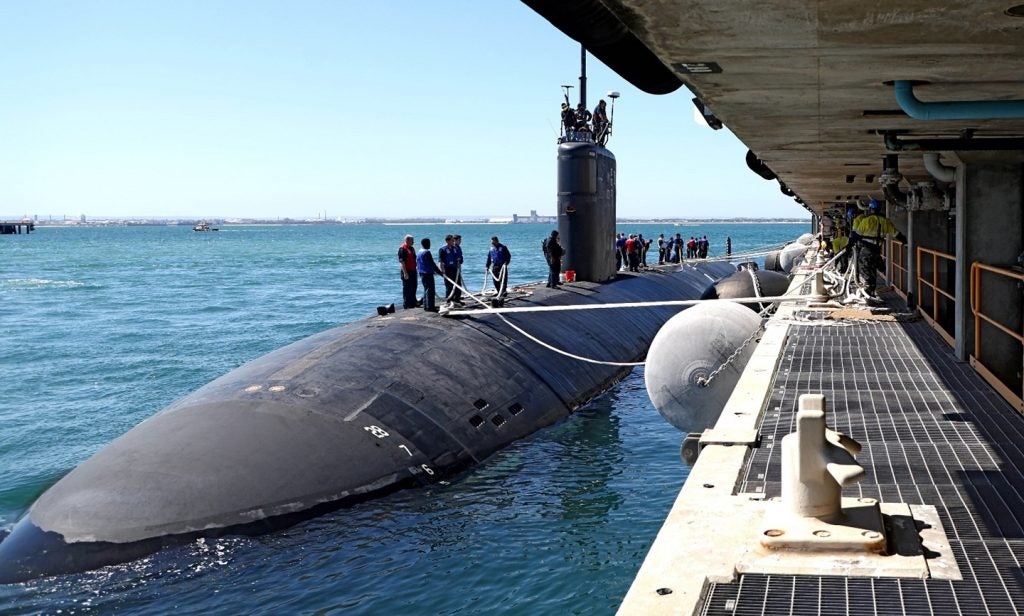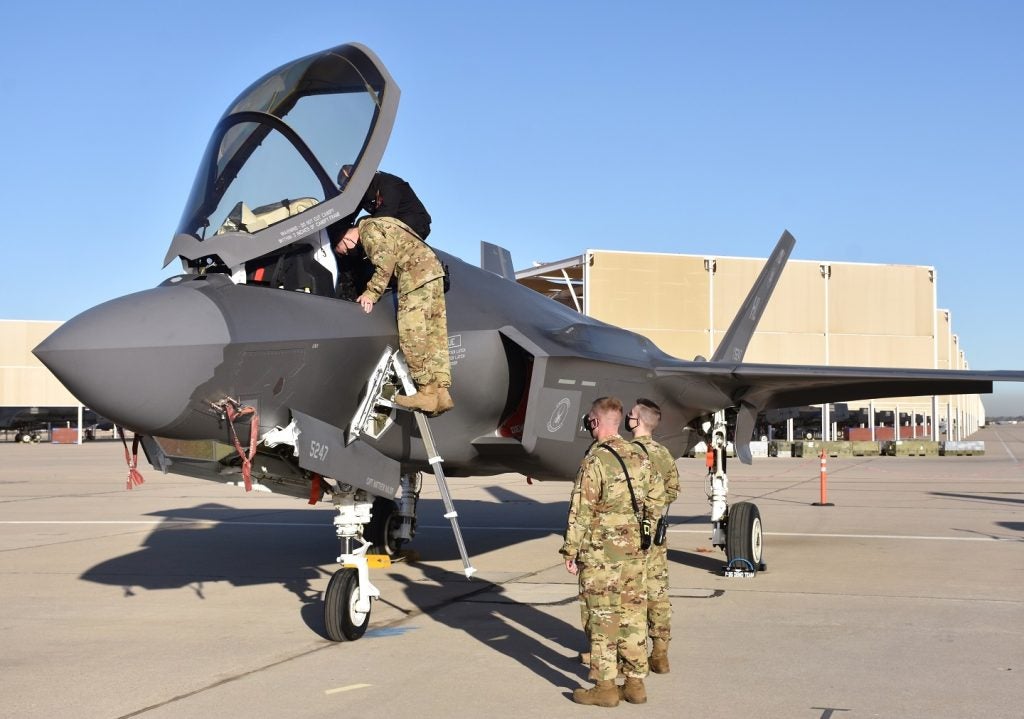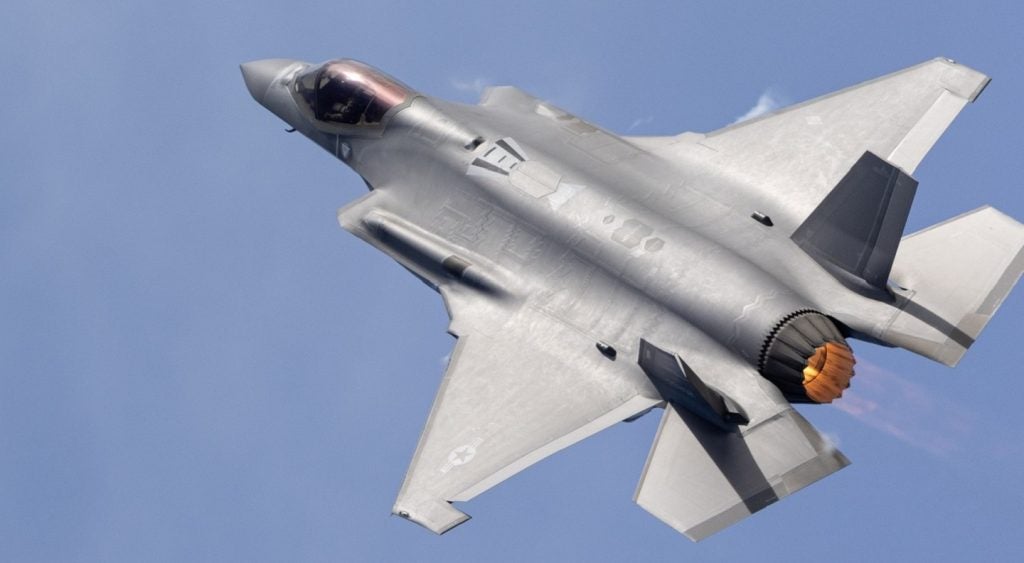The US Air Force (USAF) has tested non-nuclear functions of B61-12 gravity bombs at the Tonopah test range in Nevada, US.
The qualification flight tests were conducted in collaboration with the Department of Energy’s National Nuclear Security Administration (DOE/NNSA).
These tests form a part of a series scheduled to take place over the next three years to qualify the weapon for service, NNSA stated.
As part of the latest tests, the B61-12 gravity bombs were dropped from an F-15E Strike Eagle fighter aircraft based at Nellis Air Force Base.
The testing also involved evaluating the aircraft’s capability to deliver the nuclear weapon.
The flight test included hardware designed by Sandia and Los Alamos National Laboratories, manufactured by the Nuclear Security Enterprise plants, and tail-kit assembly section designed by the Boeing Company under contract with the Air Force Nuclear Weapons Center.
How well do you really know your competitors?
Access the most comprehensive Company Profiles on the market, powered by GlobalData. Save hours of research. Gain competitive edge.

Thank you!
Your download email will arrive shortly
Not ready to buy yet? Download a free sample
We are confident about the unique quality of our Company Profiles. However, we want you to make the most beneficial decision for your business, so we offer a free sample that you can download by submitting the below form
By GlobalDataThe B61-12 was first tested in March, according to the statement.
NNSA Defense Programs acting deputy administrator Phil Calbos said: “The B61-12 life extension programme is progressing on schedule to meet national security requirements.
“These realistic flight qualification tests validate the design of the B61-12 when it comes to system performance.”
The programme is anticipated to extend the bomb’s service life by at least 20 years.
It includes revamping, reusing, or replacing all of the bomb’s nuclear and non-nuclear components.
The B61-12 is intended to replace four B61 bomb variants in the nation’s nuclear arsenal and the first production unit is expected to be completed by March 2020.






